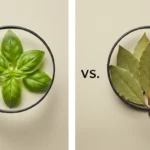Eight years of coaxing life from soil has taught me a thing or two, and last summer, it taught me a lesson in canine curiosity. My prized basil, usually a vibrant green, was looking rather… nibbled. Turns out, my golden retriever, Max, had developed a taste for the aromatic leaves. That got me thinking, is basil ok for dogs?
Can dogs eat basil? It’s a question I’ve pondered myself, especially since my furry friend, Max, seems to have a knack for sniffing out anything remotely edible in the kitchen. As a devoted dog parent, I’m always on the lookout for ways to enhance his diet with natural, healthy options. So, the topic of basil for canine consumption naturally piqued my interest. Let’s dive into whether this fragrant herb is a safe and beneficial addition to our pups’ meals.
Can Dogs Eat Basil? Understanding the Basics
Is Basil Safe for Dogs? The Short Answer
Okay, let’s cut to the chase. The short answer is: yes, generally, is basil safe for dogs. It’s not considered toxic to our canine companions, which is a relief, right? But, like with any food, moderation and understanding the potential implications are key.
It’s not just a free-for-all where you can toss handfuls of basil into their bowl. We need to be smart about it.
Are Dogs Allowed Basil? Addressing the Uncertainty
I know, sometimes it feels like there’s a whole list of “no-no” foods for dogs. It can be confusing! So, when we ask, are dogs allowed basil, it’s good to know that, unlike some herbs and spices, basil doesn’t fall into the “absolutely forbidden” category.
It’s not like chocolate or grapes, which are definite dangers. However, just because something is “allowed” doesn’t mean it’s a green light to go wild. We still need to be mindful of how we introduce it to our dogs.
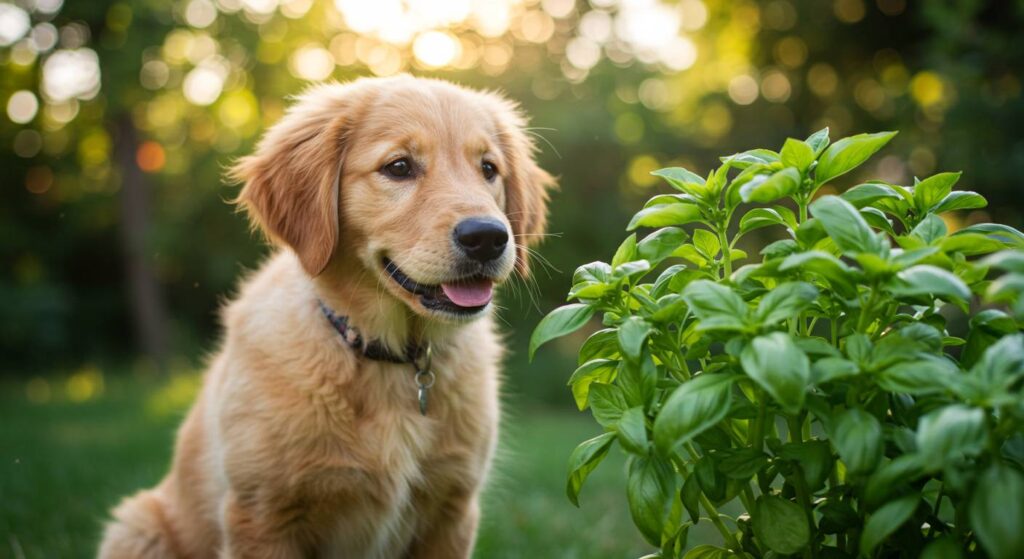
Basil for Canine Consumption: Benefits and Potential Risks
Basil Benefits for Dogs: What’s the Upside?
Now, let’s talk about the good stuff. Why might you even consider adding basil to your dog’s diet? Well, basil benefits for dogs in several ways. It’s packed with antioxidants, which are great for overall health, and it also has some anti-inflammatory properties. Think of it as a little boost for their system.
Potential Basil Benefits for Dog Health
Specifically, potential basil benefits for dog health include things like improved digestion (in some dogs), and it can potentially help with minor aches and pains due to its anti-inflammatory nature. It’s also a source of vitamins like Vitamin K, which is important for blood clotting.
Of course, we’re not talking about a miracle cure-all here, but as a supplemental addition, it can offer some perks.
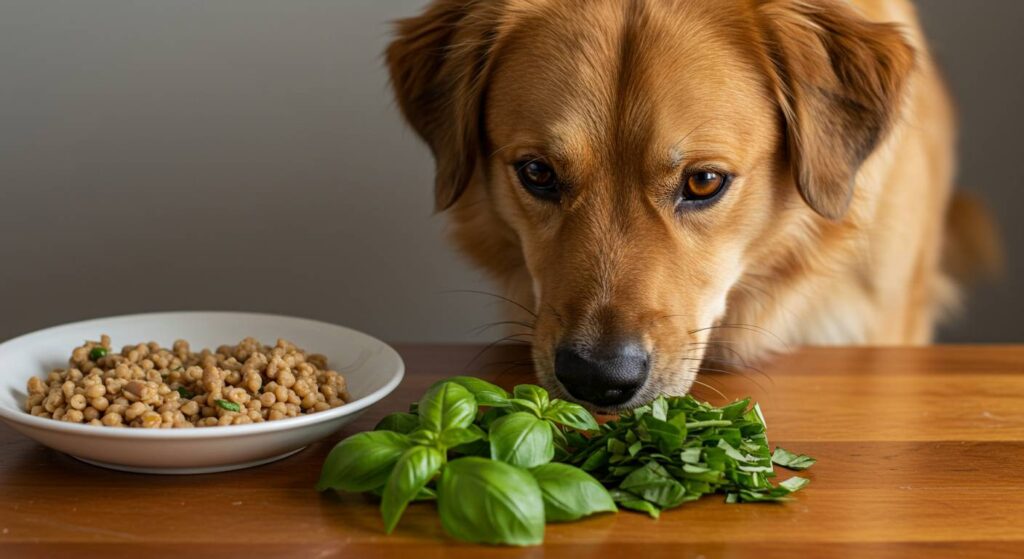
Basil Toxicity in Dogs: Are There Any Concerns?
Alright, now for the flip side. Is there any reason to be concerned about basil toxicity in dogs? This is where many pet owners get nervous, and rightfully so. It’s our job to keep them safe.
Is Basil Poisonous to Dogs? Debunking Myths
The good news is, generally, is basil poisonous to dogs? No, it’s not. Basil isn’t on the list of toxic plants for dogs. There are no compounds in basil that are known to cause severe poisoning in canines. This is a big sigh of relief for us pet parents.
Basil Bad for Dogs: When to Exercise Caution
However, that doesn’t mean we can be completely carefree. Basil bad for dogs is more about the quantity and the individual dog’s sensitivity. Some dogs might have a sensitive stomach and could experience some digestive upset if they eat too much basil.
And, like with any new food, there’s always the potential for an allergic reaction, though it’s pretty rare. So, while basil isn’t inherently bad, we need to be observant.
Feeding Basil to Dogs: Practical Considerations
How Much Basil Can My Dog Have?
This is the million-dollar question, isn’t it? How much basil can my dog have? Well, there’s no one-size-fits-all answer. The key is to start small. Think of it as a garnish, not a main course. A few finely chopped leaves sprinkled on their food is a good starting point.
Monitor your dog’s reaction, and if they tolerate it well, you can gradually increase the amount, but always keep it minimal. Remember, this is a supplement, not a staple.
Basil in Dog Food: Incorporating Basil Safely
So, how do you actually get this basil into your dog’s diet? Basil in dog food is easy to incorporate. You can chop it up finely and mix it into their regular meals. You can also add it to homemade dog treats or even blend it into a dog-friendly smoothie.
The key is to make it palatable for them. Some dogs might be picky, so you might need to experiment with different ways to include it.
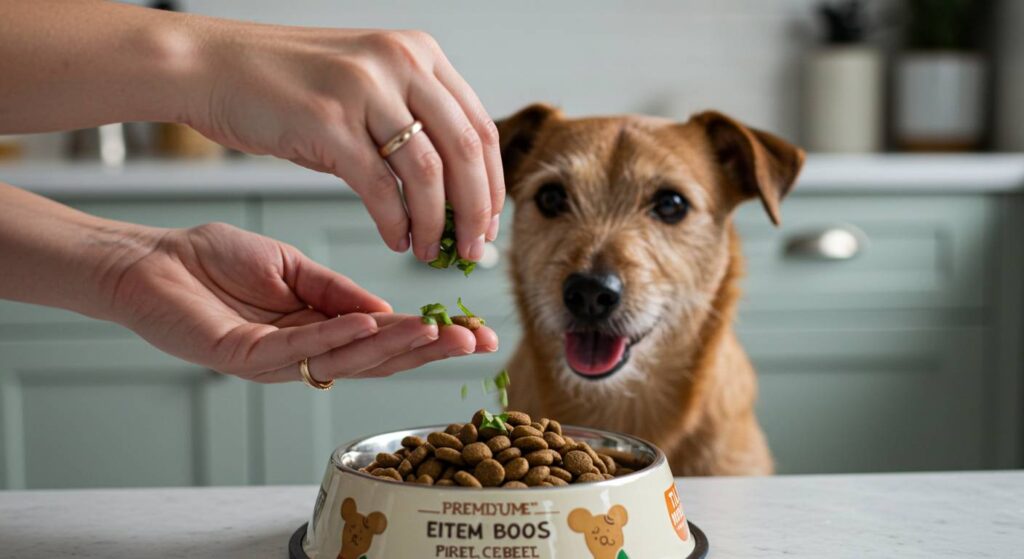
Dogs and Basil Leaves: Preparation and Serving Tips
When it comes to dogs and basil leaves, preparation is key. Always wash the leaves thoroughly to remove any dirt or pesticides. It’s best to chop the leaves finely to prevent any choking hazards, especially for smaller dogs.
Serving it fresh is ideal to maximize the nutritional value, but you can also use dried basil in small amounts, just be sure it’s plain and doesn’t contain any added salt or other seasonings that could be harmful.
Dog Eating Basil: What to Do if Your Dog Consumes Basil
Dog Diet Basil: Monitoring Your Dog’s Reaction
Okay, so your dog has eaten some basil. What now? The first step is to observe. Dog diet basil requires careful monitoring. Look out for any signs of digestive upset, such as vomiting, diarrhea, or excessive gas.
If your dog seems uncomfortable or is showing any unusual symptoms, it’s best to consult with your vet. Every dog is different, and some might react to basil more than others.
Canine Basil Intake: Recognizing Signs of Overconsumption
It’s crucial to recognize the signs of overconsumption. Canine basil intake in large quantities can lead to stomach upset, as mentioned before. If your dog is suddenly lethargic, has a loss of appetite, or is showing any other concerning symptoms after eating basil, it’s time to contact your veterinarian. It’s always better to err on the side of caution when it comes to our furry friends.
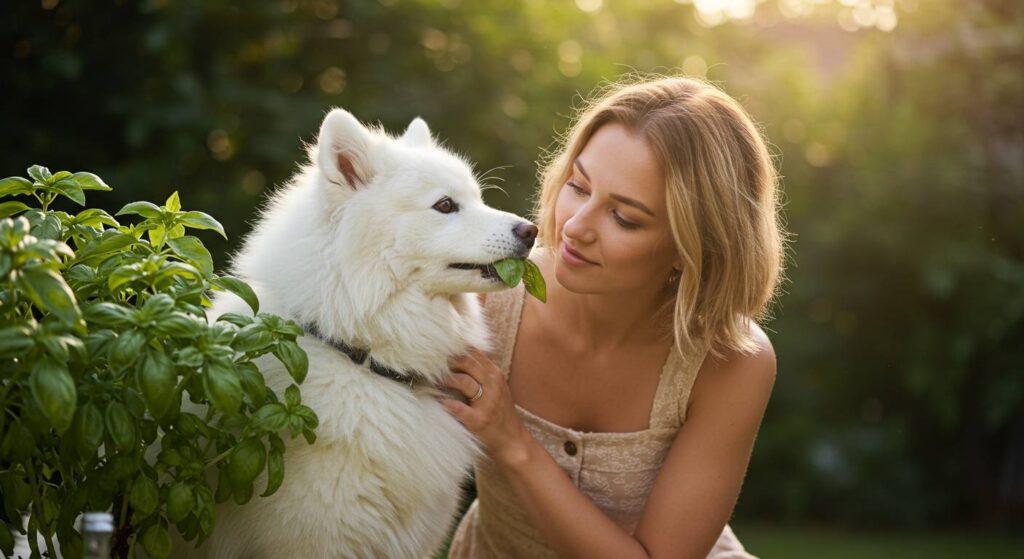
Dog Friendly Herbs: Basil and Beyond
Safe Herbs for Dogs: Basil as a Good Option
Now, let’s broaden our horizons a bit. Are there other herbs that are safe for dogs? Absolutely! Safe herbs for dogs, besides basil, include things like parsley, dill, and rosemary, all in moderation. These herbs can offer various health benefits, similar to basil. It’s always good to explore natural options to enhance your dog’s diet.
Basil Herb for Dogs: A Comparison to Other Herbs
When we talk about basil herb for dogs, it’s worth comparing it to other herbs. Parsley, for example, is great for breath freshening and is also a good source of vitamins. Dill can be helpful for digestion. Rosemary has antioxidant properties. Each herb has its own unique benefits, and it’s fun to explore them all. Just remember to always introduce new herbs gradually and in small amounts.
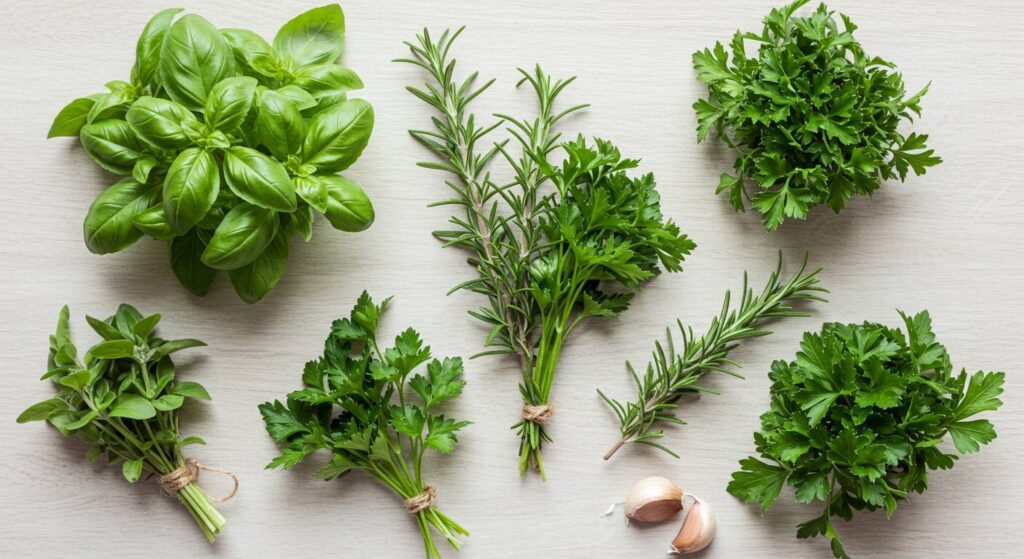
Conclusion: Basil and Your Dog – A Summary
Key Takeaways: Is Basil Good for Dogs?
So, let’s wrap it up. Key takeaways: is basil good for dogs? Yes, generally, it can be. It’s not toxic, and it can offer some health benefits. However, it’s not a miracle food, and it’s important to use it in moderation.
Always monitor your dog’s reaction, and if you have any concerns, consult with your vet. With a bit of care and attention, basil can be a safe and beneficial addition to your dog’s diet. I know Max certainly seems to enjoy his little basil garnish, and that’s what matters most to me.
